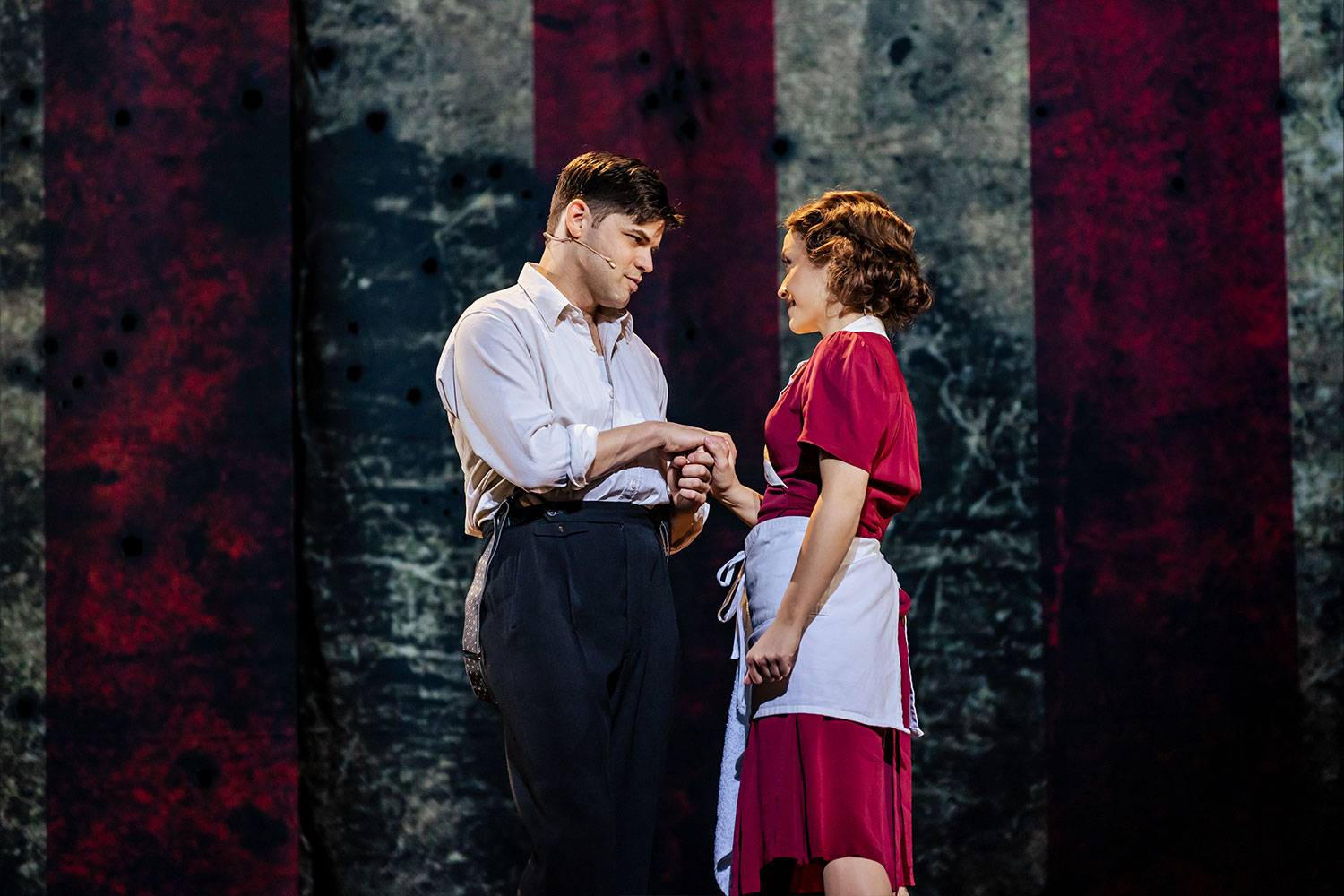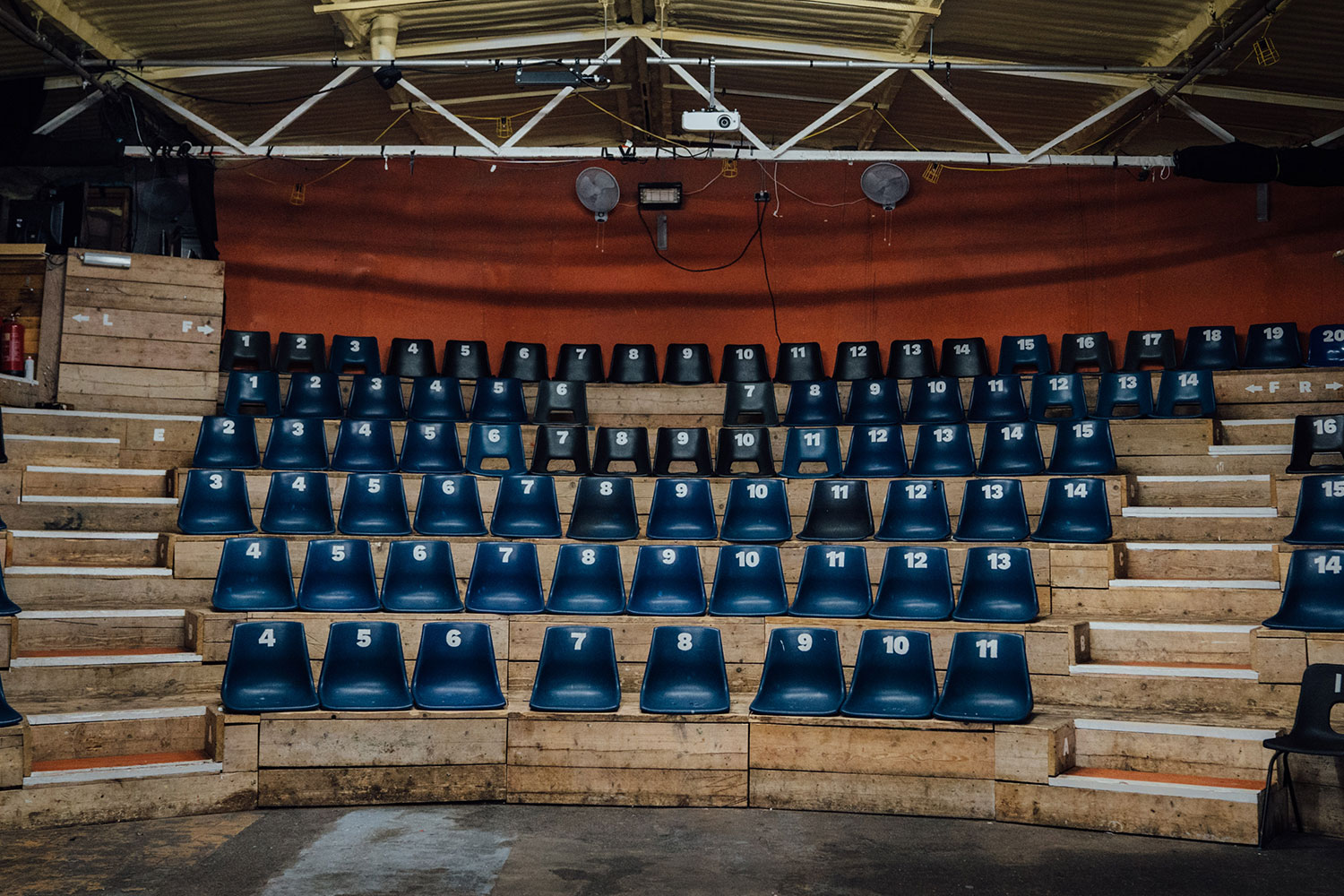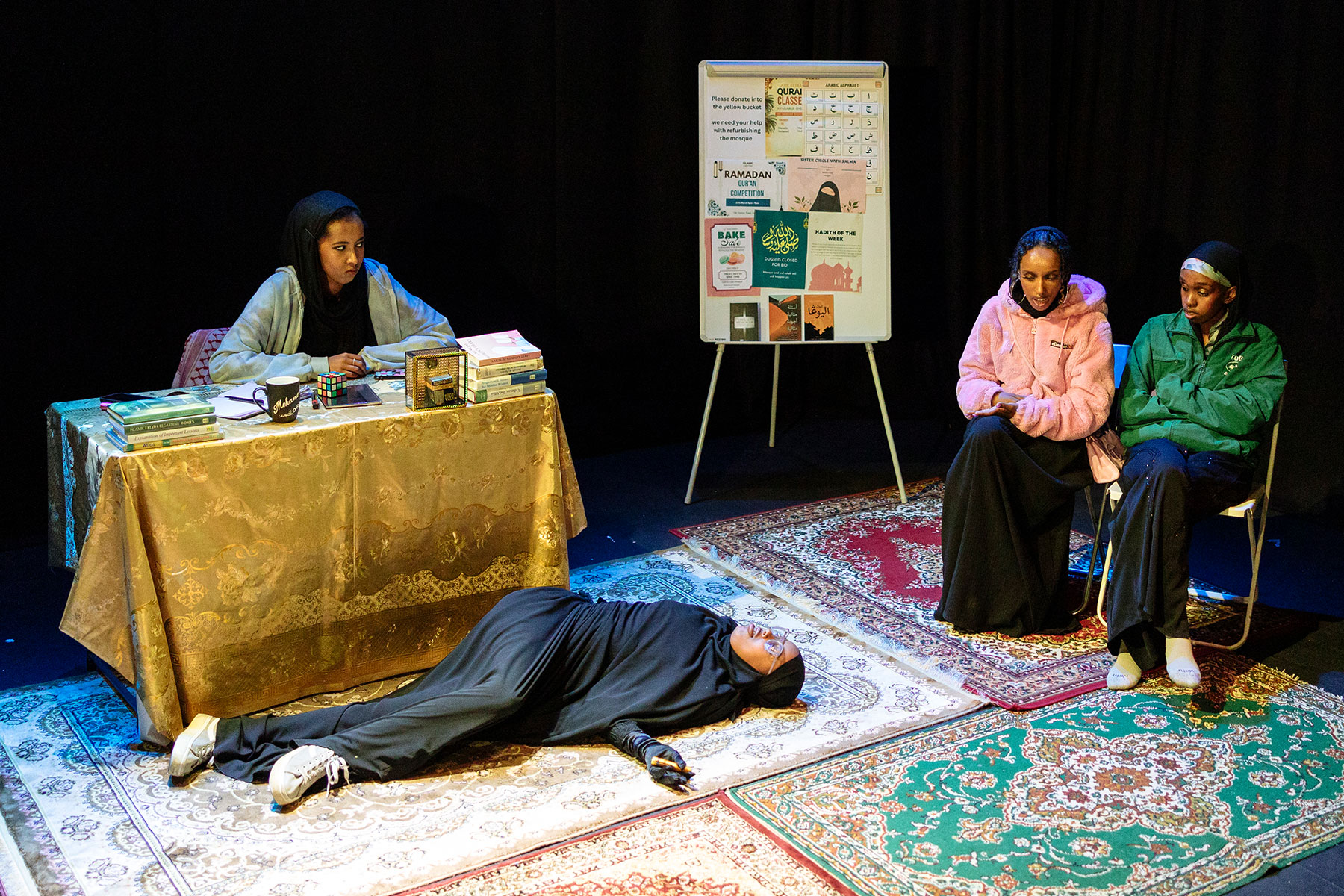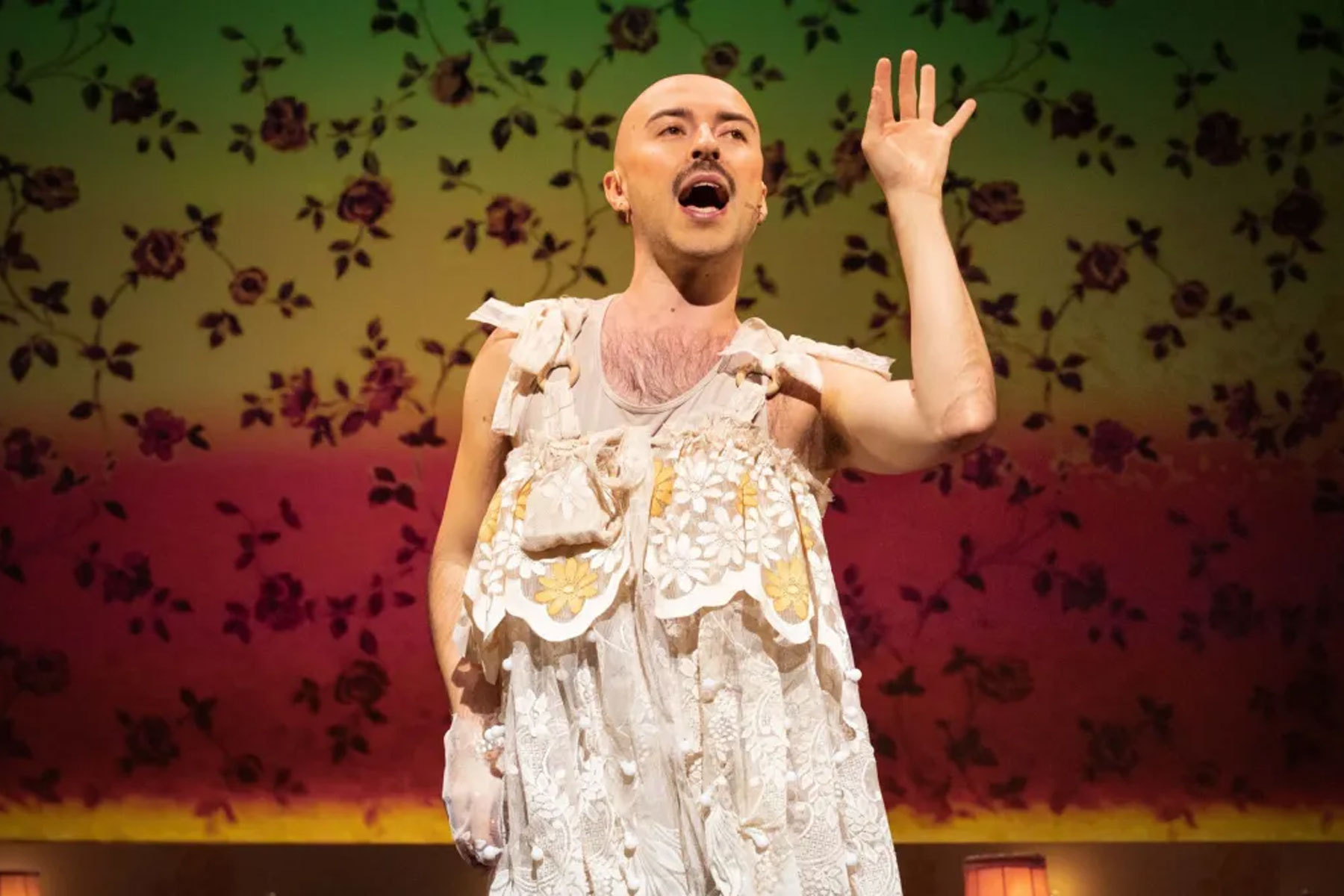Jakob Lenz
one-act opera Jakob Lenz depicts scenes from the tormented
life of an 18th Century poet and is based on a historical novella by
Georg Büchner,
thus sharing a lineage with Alban Berg’s Wozzeck , and not
a few of its themes: a rejected Outsider oppressed by the banality and brutality
of society and driven to madness. Lenz was a friend and admirer of Goethe, but
would fall out of favour with him, as well as developing an unrequited obsession
with Goethe’s former lover, Friederike Brion.
Like Goethe’s own Werther, Lenz was
paranoid and self-destructive. He clearly felt at odds with the prevailing artistic
climate of his time, and this operatic reincarnation curiously produces a
similar impression. To quote from Adrian Mourby’s interview with director Sam
Brown, “it’s tempting to ask how interested we should be today in an opera
dealing with one man’s descent into madness.” This is certainly a well-trodden
path, and Brown admits that such works can “seem a bit indulgent” in the
twenty-first century. However, Jakob Lenz – completed in
1978 – might be understood as the youthful engagement of a 25 year old German
composer with a cultural history of Romanticism, Modernism and Expressionism,
and this ENO / Hampstead theatre co-production delivers it with due conviction.
The particularly
Romantic aspect of this piece is that Lenz emerges as a kind of sacrificial
hero, partly through Brown having directed it entirely from the protagonist’s
perspective. In the title role, Andrew Shore cuts a robust, bearded figure in
rags – far from the precious, gaunt appearance associated with such characters.
He rose to a demanding challenge, delivering an intensely anguished and
physical performance. His character preaches Life, authenticity, and
sensuality; a Dionysian rebellion against the preening aesthetic sophisticate
represented by the fellow poet Kaufmann. The latter – an absurd caricature of a
dandy and a hysterically high tenor role – was well portrayed by Richard
Roberts. Oberlin the Lutheran pastor is also a caricature – the sturdy but
ineffectual man of God – but received a warm vocal presence in Jonathan Best’s
smooth bass. The small chorus appeared as the imagined voices of nature, and as
ignorant villagers taunting and tormenting the poet. The one-dimensional and stifling
characters surrounding Lenz contribute to the suggestion that the protagonist
is not in fact mad, but at least considers himself sane; possibly the only sane
person in the world.
The
Hampstead Theatre was an effective venue for this chamber opera. Annemarie
Woods’ stage design surrounded the action in realistic reed beds, and a watery
bog in which the characters splashed throughout much of the opera. By contrast,
the flimsy wooden walls of a semi-erected church stood at the back of the
stage. These seemed to represent inauthentic hollowness; symbolically, the
walls of this church-kit closed in on Lenz as he was strapped into his chair,
unable to overcome his religious and existential mania
Rihm’s music ranged from the violently expressionistic to the ironic, with
several moments of pastiche and quotation, including from Schumann’s
Kinderszenen . The use of harpsichord as an interjecting instrument in
sections of dialogue seemed to allude to 18th century musical practice.
Ultimately, however, the work seemed somewhat limited by its anachronistic
premise and familiar musical horror-gestures such as pounding drums, tremulous
and stabbing strings which accompanied blood-curdling outbursts from the stage.
However, this was a committed production and performance, showcasing Andrew
Shore in the kind of intensely characterised role for which he is celebrated.
– Sascha Morton










